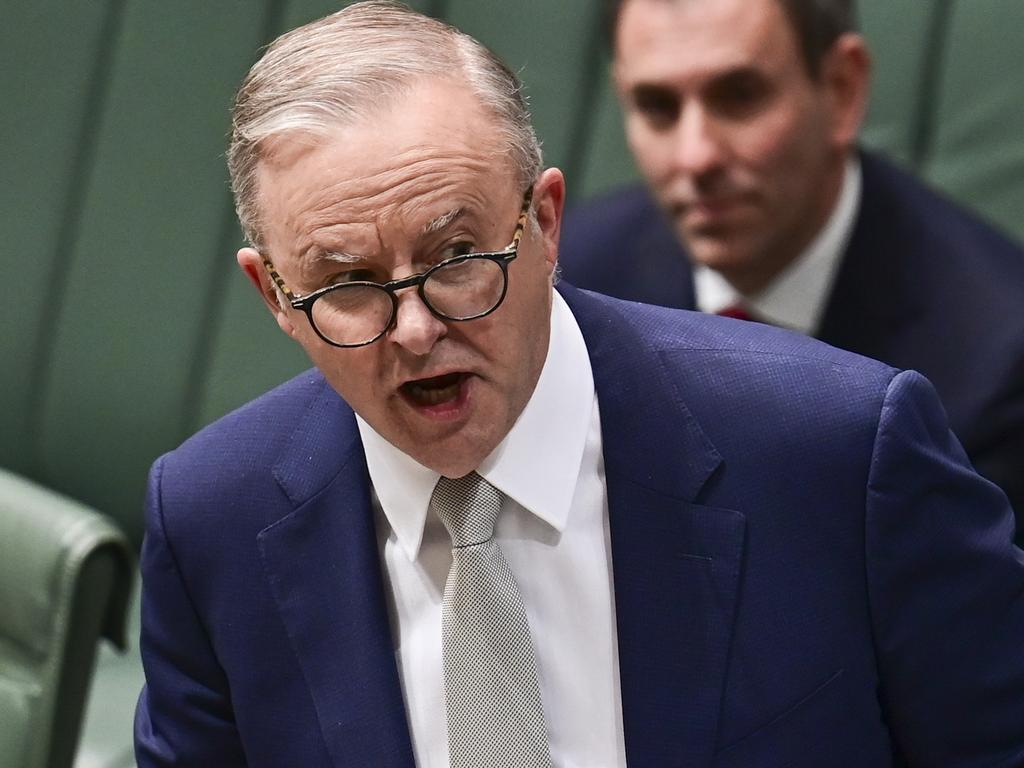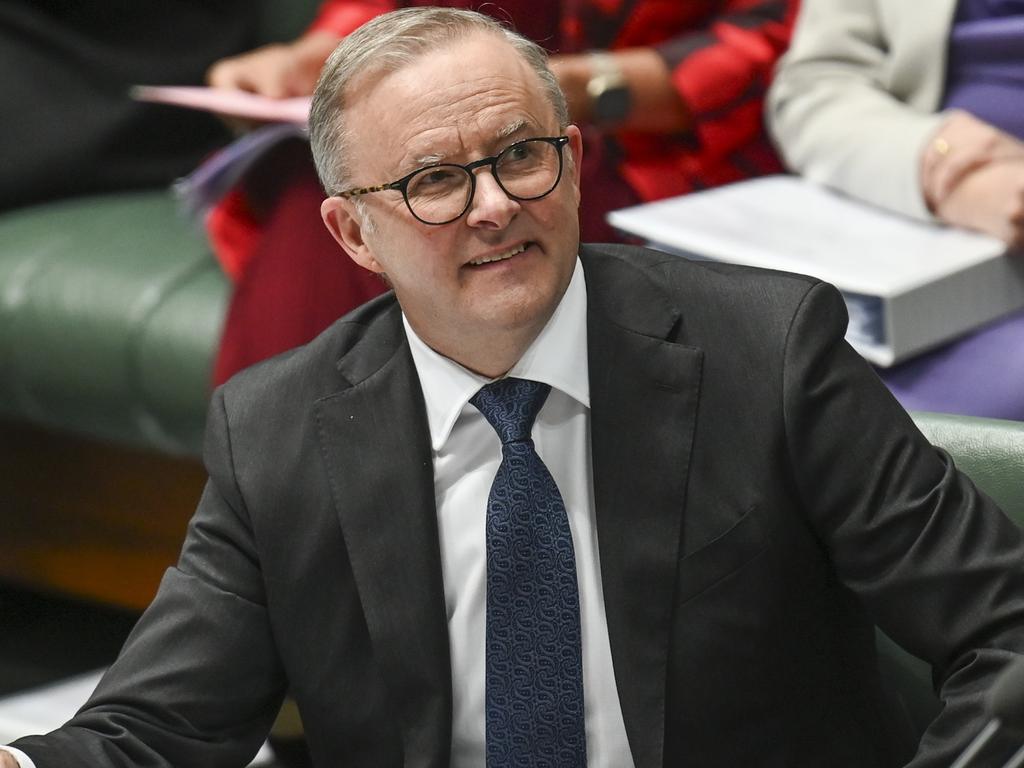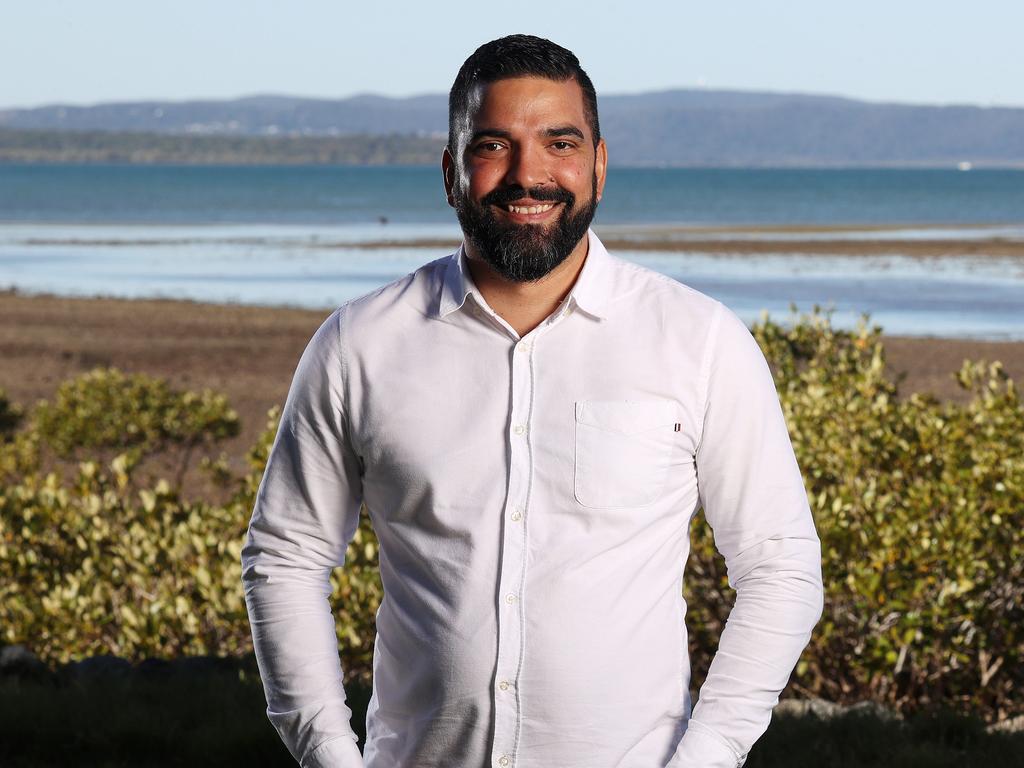Restoring ‘hierarchy of descent’ via an Indigenous voice to parliament is a mistake, writes Peta Credlin


Bob Hawke may be the prime minister Albanese admires most, but Albanese has completely up-ended Hawke’s statement, on Australia Day 1988, that in this country there is “no hierarchy of descent; there must be no privilege of origin”. Because that’s exactly what the voice would enshrine should it be approved at the coming referendum. It would give fewer than 4 per cent of Australians more say over what happens to everyone, by giving them the constitutionally guaranteed right to make representations to everyone on everything, based solely on their racial ancestry. Contrary to Hawke, under this Prime Minister there would be a “hierarchy of descent” because the 800,000 people whose ancestry in this country goes back tens of thousands of years would have more say over our government than the 25 million whose ancestors have come here since 1788. And again, contrary to Hawke, there would be “privilege of origin” because what else would having their own special voice be, if not a privilege based on length of time here?
In an increasingly fraught debate, this week the government has faced three difficulties. First, the beginning of grassroots activism against any sense of Aboriginal privilege, with hundreds of demonstrators and 22,000 signatures on a petition against a West Australian law that means any more than 50cm disturbance of the soil on a property bigger than 1100sq m (or a large suburban building block) would require permission from a local Aboriginal entity, in addition to the usual planning rules.
Second, Indigenous Australians Minister Linda Burney’s insistence the voice would not make representations about changing the date of Australia Day, when numerous experts, including Liberals for Yes, insist that it could.
Finally, there’s Burney’s general deficiencies as an advocate, with her stonewalling of questions about the voice and insistence that critics are picking on her.
Some Labor insiders are now whispering that Indigenous Australians Assistant Minister Malarndirri McCarthy would do better. Certainly, she has lived most of her life in the outback regions where Aboriginal disadvantage is focused.
But the problem is the product, not the sales assistant. Essentially, none of the arguments for the voice stacks up other than the Yes case’s moralistic assertion that to vote No is disrespectful, even racist, because of all the pain and dispossession that Aboriginal people have suffered.
There are no grounds for thinking that creating a voice would improve the lives of Aboriginal people. Certainly it would improve the lives and increase the influence of the 24 Aboriginal people who would be its members, and their no doubt numerous staff members.
But why would creating yet another advisory body help when all the other advisory bodies created since the 1970s have not? In fact, there’s a strong argument that all of these special bodies have just entrenched the separatism that is at the heart of Indigenous disadvantage. This notion that it’s wrong to expect Aboriginal kids to go to school, adults to go to work, and communities to be law-abiding because that’s a form of cultural imperialism.
Worse still is the reality that the $30bn-plus a year we spend as taxpayers on Indigenous people has created a vast “Indigenous economy” that has made the activists and elites powerful and prosperous but not alleviated suffering and dysfunction on the ground. Arguably, to fix things would actually jeopardise the billions that flow from “white man’s guilt”, meaning those at the top of “blak” power structures rely on the continuation of disadvantage to ensure the continuation of the money.
All the way, the devil has been in the detail. The Yes camp can’t make up its collective mind whether the voice can readily be ignored if the parliament and the executive government so choose; or if it has to be taken very seriously to the point of having an effective veto.
The Prime Minister kicked off at the Garma Festival last year saying only a “brave” government could ignore the voice’s advice, before reverting to the argument that it was only a “modest” change, before then declaring in his Lowitja O’Donoghue lecture: “Let us not content ourselves with modest change.” But either it won’t make a big difference or it will; in which case, why are we bothering, or why aren’t we being upfront with voters?
Noel Pearson insists that, had the voice been consulted, Rio Tinto would never have blown up the Juukan Gorge sacred site, nor would the federal government have acquiesced in the Northern Territory’s abolition of most grog restrictions. But surely the voice’s reach would not extend so far that it micromanages mining operations. Or would it? And why would the government take the voice more seriously than it took the local MPs – Labor’s Marion Scrymgour and the Nationals’ Jacinta Price – both of whom pleaded with the government to leave grog bans in place.
Pearson also says a voice would allow Aboriginal people to finally take responsibility for their own lives and be accountable for their own actions. But this is hard to credit given that the Prime Minister always insists the voice is advisory only and would not administer programs or spend money. Or actually take responsibility should the advice be taken by government and that advice fail.
Then there’s the widespread claim that the voice is what Aboriginal people want, and that there’s no point recognising Aboriginal people in the Constitution other than in their preferred form. But the 2017 Uluru gathering, which first endorsed the voice, was a sample of the Indigenous leadership rather than a representative selection of Aboriginal Australians.
What’s more, recent polling conducted for Passing the Message Stick, a pro-voice body, showed 25 per cent of Aboriginal people opposed the voice and 45 per cent didn’t know enough to have an opinion. In other words, contrary to repeated assertions, 70 per cent of Indigenous people will vote No or don’t know.
With its insistence there’s nothing to worry about because the parliament would determine the scope of the voice’s reach (as if the High Court would have nothing to do with it, which defies the past 30 years of jurisprudence), the Yes campaign is really asking us to “trust the politicians”. When trust in politicians is close to its lowest, that’s a very big ask indeed.
Again, it all comes back to an attempt at moral intimidation. Stripped back, the Yes argument is basically a local version of Hillary Clinton labelling those who didn’t support her as a “basket of deplorables”. Keep it up, because we all know how that ended. Australians fiercely guard their egalitarian spirit and creating two classes of citizen is not who we are. It is why I have long supported recognition but can never support something designed to divide us.







The die is cast. The legislation to hold a voice referendum later this year has passed through both Houses of Parliament and either the voice passes, as currently proposed, or it fails. The only other option – should it be headed for a near certain defeat – is Anthony Albanese could decide to postpone it. But this would be political capitulation on a par with the abandonment of Labor’s emissions trading scheme that killed Kevin Rudd’s leadership.